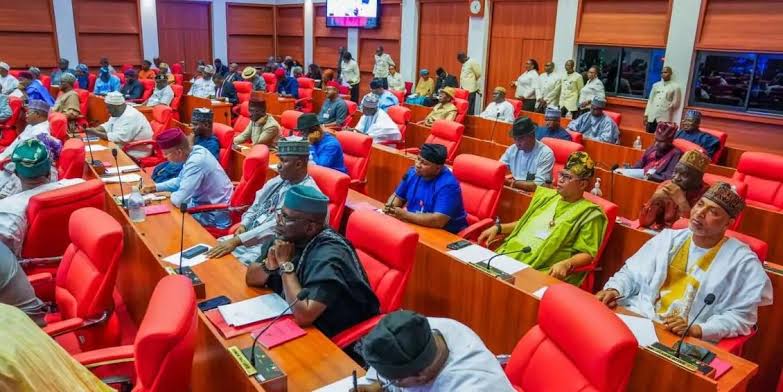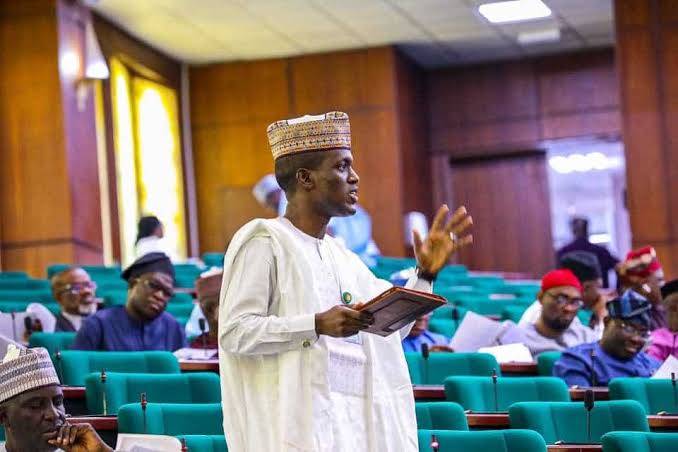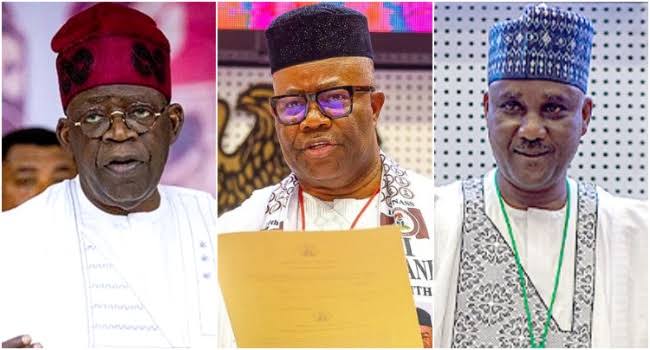The National Assembly is pushing for Nigeria’s next presidential and governorship elections to be conducted in November 2026, instead of the usual February or March.
The proposal aims to give enough time for the resolution of election disputes before new leaders are sworn in, ensuring a smoother transition of power.
Proposed electoral act amendment
This plan is contained in the draft amendments to the Electoral Act 2022, reviewed during a one-day public hearing held on Monday by the Joint Committee on Electoral Matters, chaired by Senator Simon Lalong of the All Progressives Congress (APC), representing Plateau South.
According to Section 4 (7) of the proposed amendment, elections for the offices of President and State Governors must take place no later than 185 days before the expiration of their current terms.

Given that the present administration’s tenure ends on 29 May 2027, the next elections would therefore fall in November 2026.
Similarly, Section 4 (5) of the same proposal provides that legislative elections — both at the federal and state levels — must be conducted no later than 185 days before the dissolution of the respective legislative houses.
Lawmakers explained that the change is intended to ensure that all election-related court cases are settled before newly elected officials are sworn in.
The Chairman of the House Committee on Electoral Matters, Hon. Adebayo Balogun, said the adjustment would help reduce the problem of lengthy litigations that continue even after winners assume office.
“We want every election dispute resolved before the swearing-in ceremony,” Balogun stated.
“To make this possible, we are recommending that the 180-day period currently allowed for tribunal rulings be cut to 90 days, while both the appellate and Supreme Court phases should each be concluded within 60 days. All proceedings must end within the 185-day window before inauguration.”
He further noted that this proposal would require amendments to Sections 285 and 139 of the 1999 Constitution (as amended) to align with the new schedule.


Support for electronic voting and early balloting
The Independent National Electoral Commission (INEC), represented at the hearing by Prof. Abdullahi Zuru, backed the proposed reforms, including the adoption of electronic voting and the digital transmission of results to boost transparency.
Under Section 60(5) of the new draft, presiding officers would be legally required to transmit results both electronically and manually. Failure to comply would attract a penalty of up to one year in prison, a fine of ₦1 million, or both.
The amendments also introduce early voting for specific categories of voters such as security personnel, INEC officials, accredited journalists, election observers, and ad-hoc staff — allowing them to cast their votes up to 14 days before the main election day.
Flexibility in election timelines
Another notable change is the proposal to remove election timelines from the Constitution and include them directly in the Electoral Act. This would make it easier for future adjustments to be made without requiring a constitutional amendment.
The committee document explained: “Section 28, now renumbered as Section 27(5–7), has been introduced to remove constitutional barriers to setting election timelines.”
Stakeholders present at the hearing welcomed the proposals, describing them as essential reforms aimed at improving electoral transparency, enhancing institutional efficiency, and ensuring that post-election disputes no longer overlap with the start of new political tenures.

